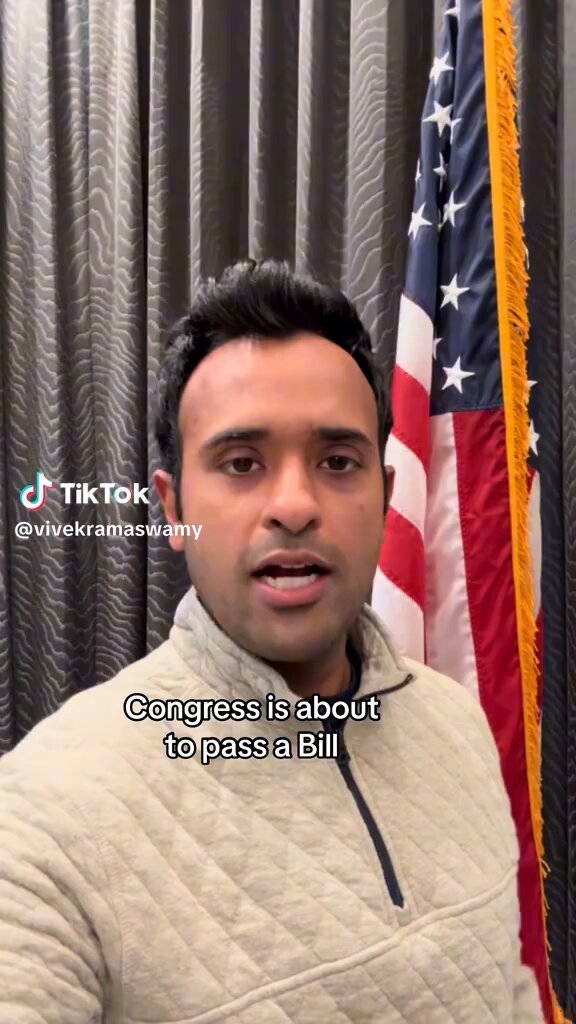The statement 'Stop the steal' in the context of urging people to contact their elected representatives about tax dollars suggests engagement with public discourse, as it addresses a public issue related to government spending and accountability.
- The statement does not directly cause harm, but the phrase 'Stop the steal' can be inflammatory and misleading, potentially inciting unnecessary conflict or misunderstanding. [-1]Principle 1:I will strive to do no harm with my words and actions.
- The statement does not engage in cyberbullying, harassment, or hate speech, but the phrase 'Stop the steal' can be associated with divisive rhetoric.Principle 2:I will respect the privacy and dignity of others and will not engage in cyberbullying, harassment, or hate speech.
- The statement does not promote understanding, empathy, or compassion, as it uses a charged phrase without providing context or constructive dialogue. [-1]Principle 3:I will use my words and actions to promote understanding, empathy, and compassion.
- The statement does not engage in constructive criticism or dialogue, as it uses a slogan without offering a reasoned argument or evidence. [-1]Principle 4:I will engage in constructive criticism and dialogue with those in disagreement and will not engage in personal attacks or ad hominem arguments.
- The statement uses influence to mobilize action, but it does so in a way that may not contribute positively to societal discourse due to its potentially misleading nature. [-1]Principle 6:I will use my influence for the betterment of society.
- The statement upholds free speech but may not use the platform responsibly, as it employs a slogan that can be interpreted as inflammatory without context. [-1]Principle 7:I will uphold the principles of free speech and use my platform responsibly and with integrity.
